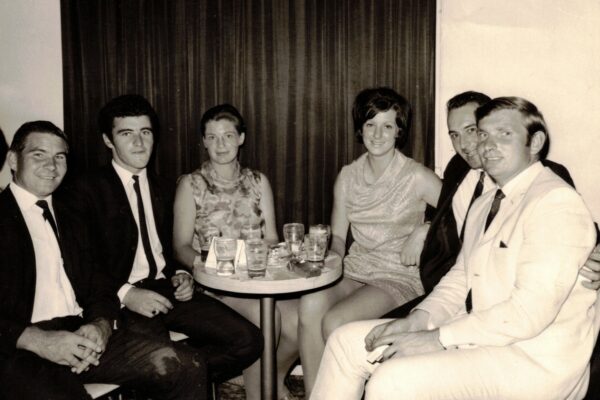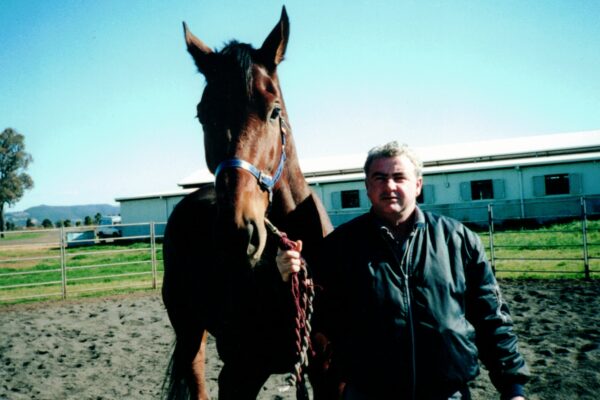A few years ago I wrote a tribute to three senior medical colleagues in Scone; all of whom added cachet to the already impressive order of preference in the local medical fraternity. This was to celebrate the trifecta of OAMs which came their way when Dr John William Houston Paradice was eventually and rightfully honoured in the Australia Day Awards in January 2016. I called it Erudite Medical Trifecta which I provided to ingenue journalist Ben Murphy at the Scone Advocate. It emerged as the following. I acknowledge the source; but claim the original.
The featured image actually shows a photograph taken in 2011. Dr Barton had since passed away.
TRIFECTA COMPLETE: Dr Toby Barton, Dr David Warden and Dr John Paradice in late February/early March 2011.
January 26 2016 – 8:00AM
Doctor’s OAM completes local medical trifecta
http://www.sconeadvocate.com.au/story/3686387/doctors-oam-completes-local-medical-trifecta/
Ben Murphy
AS the saying goes, good things come to those who wait.
It’s been a long time coming, but Dr John Houston Paradice has today been awarded the prestigious Medal of the Order of Australia (OAM) for his dedication and service to the Scone community over many years.
“I’m a bit overcome because in all the time that I was in medicine I was just doing my job so I didn’t expect this,” he said.
Dr Paradice now joins former colleagues Dr Toby Barton, who learned of his national award of Australia Day 2001, and Dr David Barton Warden, a recipient on this day last year, in winning the medal.
The trio, along with Dr Walter Pye MBE, did exceptional work during their time together at the Scone Medical Practice from the early 1950s through to the 1980s.
Dr Pye was made a Member of the British Empire in the Queen’s Birthday Honours List for 1973.
Dr Paradice, who retired in 2004 after spending most of his extensive medical career in Scone, said all four men had similar backgrounds and training.
“The Scone practice was well-known as one of the longest established practices in the country,” he said.
“We had a practice that remained a great training ground for rural general practitioners because of the nature of it; we all became skilled in many areas of medicine.
“In those days, we were fortunate in that we were able to do more I believe than the general practitioners in the country.
“For instance, I was the government medical officer carrying out post-mortems which they would never do now.
“It was a rather unpleasant and difficult part of the job.”
Dr Paradice also reserved special praise for the role of nurses throughout his career.
He said a doctor’s work was only as good as the support they received.










